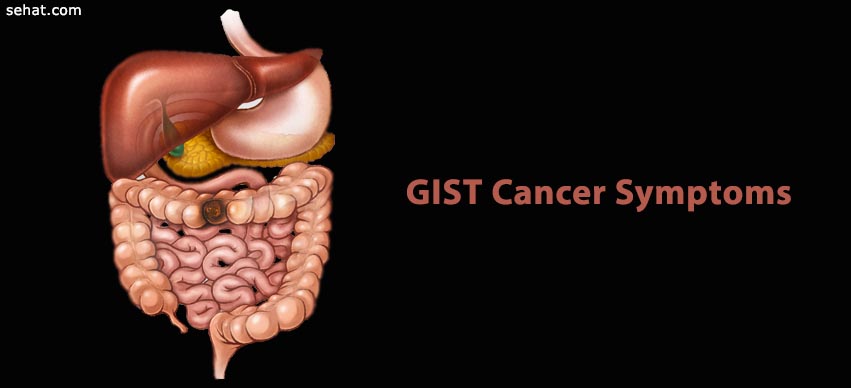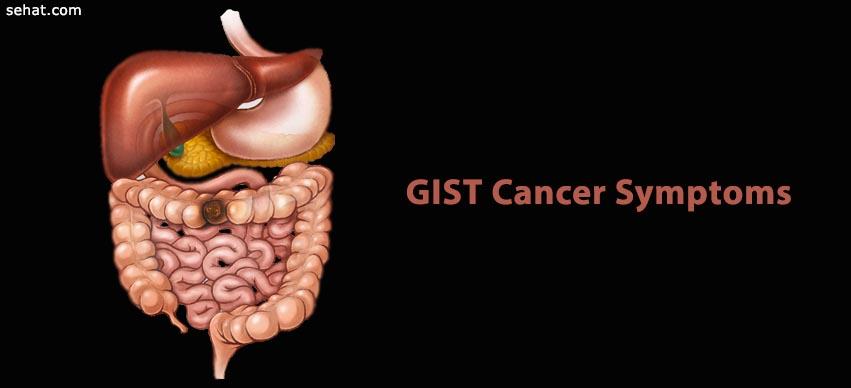How Communities Are Changing the Way We Think About Aging in..
8 Min Read


Gastrointestinal stromal tumors (GISTs) are clusters of overgrown cells or tumors in the gastrointestinal (GI) tract. This means that the tumors might be present in any part of the GI tract, right from the esophagus to the rectum, including the stomach and the intestines etc. One thing about the stromal tumors is that they do not occur in the functioning part of the organs, but in the various tissues that hold the various GI organs in place. These kinds of tumors in the GI tract are quite uncommon and considered as rare kinds of cancer. Majority of GISTs begin in the stomach or in the small intestine. The worst thing about this kind of cancer is that there are not very prominent GIST cancer symptoms in the initial stages. Infact some of the symptoms might indicate simple GI infections.
GIST stands for gastrointestinal stromal tumors, which start in the wall of the digestive tract. To know what is GIST, it is important to understand about the structure and the functioning of the GI tract. It is in the gastrointestinal tract that the main food processing takes place so that the body gets energy for performing various kinds of functions. Not only this, it is through this same system that toxic wastes are eliminated from the system successfully. After chewing the food and swallowing, it gets into the esophagus and reaches the stomach via the neck and chest in order. The esophagus is joined to the stomach just below the diaphragm. It is in the stomach that the process of digestion begins where the food mixes with gastric juices. The digested food along with the acids passes to the small intestine. The almost 20 feet long small intestine helps in breaking down the food properly and also helps in absorption of nutrients into the blood. The small intestine is then joined with the large intestine. The first part of the large intestine is the colon, where water and mineral nutrients are absorbed from the food matter. Once this is done, the waste goes into the rectum. It gets stored and finally goes out of the body via the anus.
GIST cancer symptoms can be seen in any part of the GI tract. Though these are unusual kinds of tumors, they usually start in the stomach only along with the small intestine. These two are the most complex parts in the whole GI tract. Though these tumors do not spread very fast, but there are some which tend to grow in other parts of the body or spread. Doctors can take a look at the tumors and carry out certain investigations to understand the GIST risk factors and to know whether the tumors will grow and spread fast. They also help in finding the proper location of the tumor in the GI tract, size of the tumor and the rate of cell division. There are other kinds of cancers of the GI tract, but GIST is different from them. it is important to ascertain in the first place that the tumor is GIST only and then carry out treatment for the same.
One of the biggest problems of GIST cancer is that the symptoms are not pronounced and rather vague. Infact, in many cases, treatments are done for other GI tract infections and ailments as doctors fail to understand that it might be a case of GIST. Some common GIST cancer symptoms include:
GIST tumors are extremely fragile and they tend to bleed easily. This bleeding spreads throughout the GI tract.
Check out for GIST cancer symptoms and get the problem treated at the earliest,get to know about best cancer doctors in india.